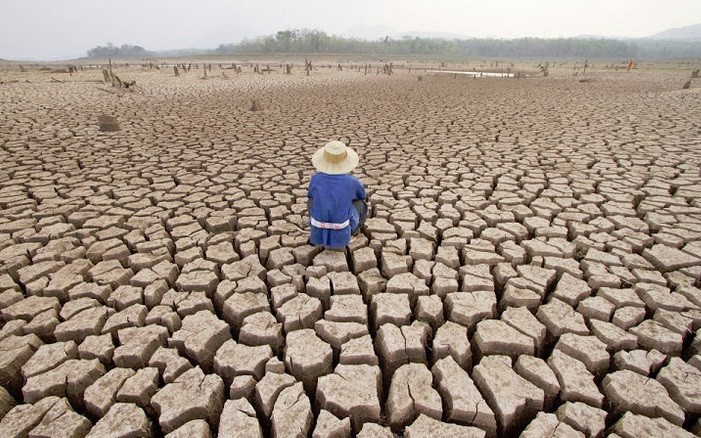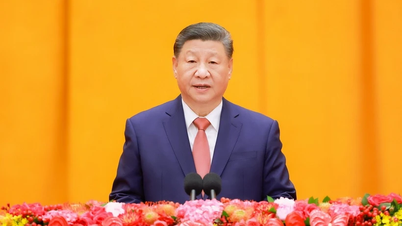 |
| Many ASEAN countries are affected by extreme weather due to climate change. (Source: BusinessLive) |
According to the Southeast Asia Climate Outlook Survey 2023 Report recently released by the Institute of Southeast Asian Studies, 49.4% of respondents in Southeast Asia said they considered climate change to be an immediate and serious threat to their country, a sharp drop from 69% in the previous survey.
"These figures will certainly generate a lot of commentary on why. I think it simply reflects the fact that Southeast Asians are more concerned about food and clothing, especially in the context of the Covid-19 pandemic and the ongoing recovery process," explained Nik Nazmi Bin Ahmad, Malaysia's Minister of Natural Resources, Environment and Climate Change.
According to the survey results, ASEAN people are increasingly concerned about issues such as eliminating fuel subsidies, national carbon taxes and phasing out coal.
For example, as many as 68.7% of respondents support a national carbon tax and over 60% support phasing out coal consumption immediately or by 2030.
In addition, the survey results also showed that ASEAN people identified the three biggest impacts of climate change today as floods, heat waves and droughts.
“We are also seeing signs that climate action is being mainstreamed into key economic sectors, especially power generation,” said Choi Shing Kwok, director of the Institute of Southeast Asian Studies, Singapore.
Specifically, Mr. Choi Shing Kwok cited the example of Vietnam's recently announced Power Development Plan 8, which sets a target of increasing wind power capacity from 4.6 Gigawatts to 28 Gigawatts by 2030 and converting or decommissioning all coal-fired power plants by 2050.
The survey was conducted over four weeks from July to August this year, collecting responses from 2,225 Southeast Asians across all 10 countries in the region, creating a valuable data source for the press, organizations and researchers.
The results of the survey also help governments in policy making to deliver on their climate change commitments on time.
Source



![[Photo] Prime Minister Pham Minh Chinh works with the Standing Committee of Thai Binh Provincial Party Committee](https://vphoto.vietnam.vn/thumb/1200x675/vietnam/resource/IMAGE/2025/5/12/f514ab990c544e05a446f77bba59c7d1)

![[Photo] Prime Minister Pham Minh Chinh receives Swedish Minister of International Development Cooperation and Foreign Trade](https://vphoto.vietnam.vn/thumb/1200x675/vietnam/resource/IMAGE/2025/5/12/ae50d0bb57584fd1bbe1cd77d9ad6d97)
![[Photo] Prime Minister Pham Minh Chinh starts construction of vital highway through Thai Binh and Nam Dinh](https://vphoto.vietnam.vn/thumb/1200x675/vietnam/resource/IMAGE/2025/5/12/52d98584ccea4c8dbf7c7f7484433af5)






























































































Comment (0)